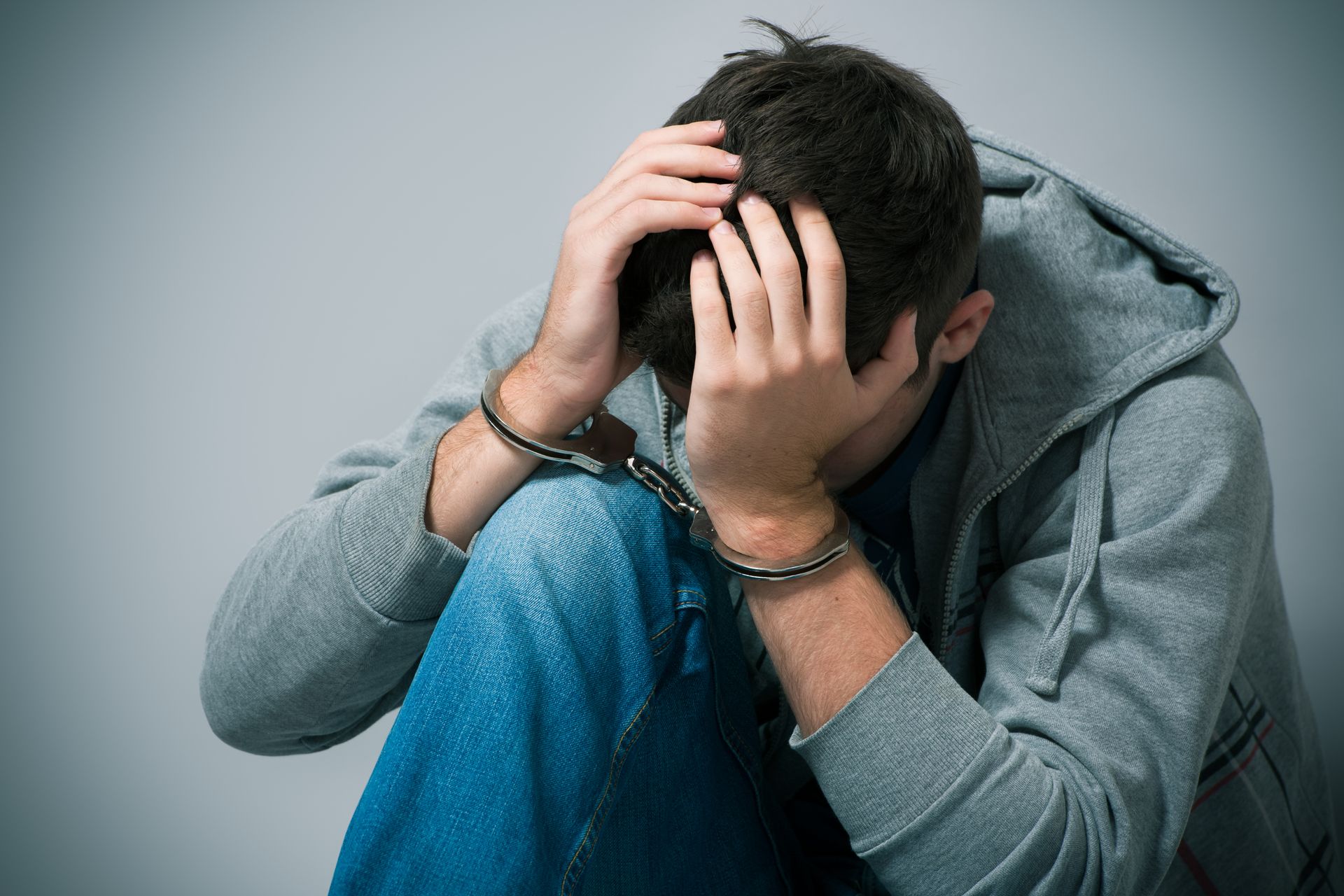
Community Control Violations
Send a confidential inquiry:
Broward County Violation of Community Control Attorney
- A "no bond" capias is usually issued by the court when a warrant for violation of community control is filed. As with violation of probation cases, it is important to retain an experienced criminal defense attorney as soon as you know that you are being violated because your attorney may be able to persuade the court to issue a reasonable bond while your case is pending. Additionally, violation of community control cases tend to move very quickly through the courts so there is little time to waste in retaining an attorney if someone is aware that they are about to be violated.
- As with violation of probation cases the chips are stacked against you in court in a violation of community control case. Guilt must only be proven by a "preponderance of the evidence". Individuals are not entitled to the "guilt beyond a reasonable doubt" standard in a violation of community control case. In addition, in a VOCC hearing the same rules of evidence to not apply as in a regular criminal case and individuals are not entitled to a trial by jury if their community control supervision is being violated.
- The prosecution is required to prove that a violation of community control was a "willful and substantial" violation of the terms of supervision. An experienced criminal defense attorney will often seek to prove that the violations that their client are being accused of do not rise to the level of that standard when a violation of community control is based upon technical violations.
If you or a loved one is facing a violation of community control, the chips will be stacked heavily against you when you go to court. Do not go alone. Make sure that there is an experienced and aggressive criminal defense attorney by your side to present your side of the case to the court and to insure that your rights are not violated. Quinn Law, P.A. offers free case evaluations to individuals who are facing a violation of community control in Broward County. Take the first step in defending yourself by calling (954) 463-0440 as soon as possible.

